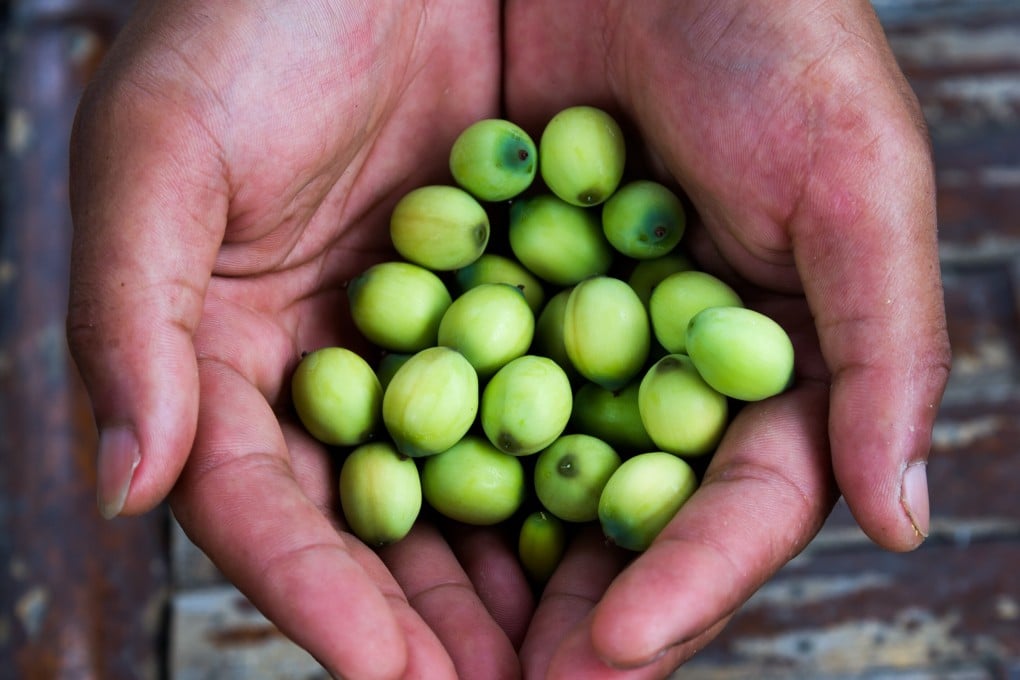Lotus seeds and fox nuts: superfoods used in Ayurveda and TCM, why they are good for you and how to eat them – three recipes
- Lotus seeds help prevent cancer, boost immunity and relieve depression, stress and anxiety. They’ve long been used in Ayurvedic medicine and Chinese medicine
- Water lily seeds, or fox nuts, are often misnamed lotus seeds. Eat them as a high-protein, low-fat popcorn alternative and as part of keto and plant-based diets

Heard of Plant Pops? They are touted as a healthy alternative to popcorn, with less fat, more protein, and fewer calories. It’s probably why they’re a celebrity favourite, too, with actor and producer Priyanka Chopra Jonas, who prefers them as a snack, and Irish chef and food writer Darina Allen, who says they have an addictive crunchiness.
While the packaging refers to them as lotus seeds, they are, in fact, seeds of the water lily, also known as fox nuts.
Indian-born Anushi Desai turned her childhood snack food – the popular spiced and roasted fox nuts known as makhana – into a business for Plant Pops in the UK, and took home the best snacking innovation award from the World Food Innovation Awards in 2019.
Desai says: “When we started making our snacks, I always knew them as makhana – the term we used growing up. We spoke to numerous farmers and manufacturers, who referred to them as fox nuts or lotus seeds. The reason we’ve used the term lotus seeds is to stick to the tradition of what it’s called in India, where our snacks come from.”

A host of other fox nut snack makers do the same, sparking some confusion. While fox nuts and lotus seeds differ, both are superfoods used in Ayurveda – traditional Indian medicine – and in traditional Chinese medicine (TCM). In TCM, both are consdered to be herbs that stabilise and bind, with a neutral nature and a sour-sweet taste. Both target the kidney and spleen, and the lotus seed also targets the heart.
Fox nuts come from the floating water lily plant native to East and South Asia – whose scientific name is Euryale ferox – and are widely used in India, China and Japan. As the lily’s seed is harvested in stagnant wetlands, no fertilisers or pesticides are needed, making them naturally organic. Known also as gorgon nuts, in TCM they are called qian shi, or cock’s head.
